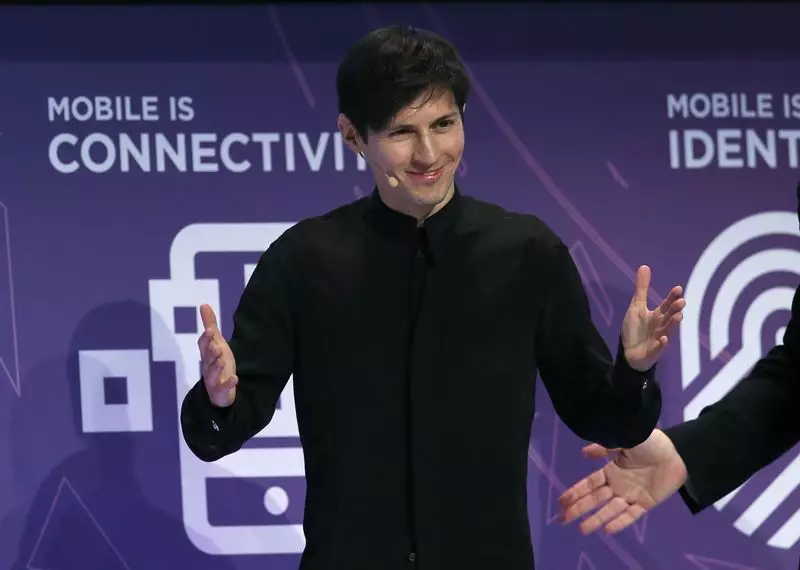In a surprising turn of events, Pavel Durov, the Russian-born entrepreneur and founder of the Telegram messaging platform, has reportedly been arrested near Paris. This incident sheds light on the multifaceted nature of Telegram, a platform that has become increasingly controversial due to its unmoderated spaces and the illicit activities that can thrive within them. While the media covers this matter, it is crucial to analyze not just the immediate implications of Durov’s arrest, but also the broader context that envelops Telegram and its founder.
Founded in 2013, Telegram was marketed as a secure, user-friendly messaging app with a focus on privacy. Over the years, it has garnered a significant number of users, aiming to reach over one billion active users within a year. Unlike other messaging platforms such as WhatsApp and Instagram, Telegram emphasizes its unregulated nature, offering features such as channels and bots that have attracted not only ordinary users but also political activists and cloistered communities. Particularly in regions like Russia and Ukraine, it has emerged as a vital tool for information dissemination amid the ongoing war. As tensions rise, Telegram has been labeled by some analysts as a “virtual battlefield,” highlighting its dual role as a communication tool and a platform for misinformation.
However, its success has also spotlighted the app’s shortcomings, notably the lack of moderation. The recent allegations—that an absence of oversight has facilitated criminal activities—have placed Telegram in a precarious position. This scrutiny from authorities, especially in Europe, raises questions about the balance between user privacy and safety. Durov’s recent legal troubles may bolster this perspective and lead to a reassessment of the unmoderated ecosystem that Telegram operates within.
Durov’s arrest has sparked immediate interest and concern. Reports indicate that French authorities are investigating the insufficient moderation on Telegram, allegedly leaving room for criminal activity. This revelation could lead to more intense scrutiny not only for Durov but also for the platform itself, as regulators across Europe tighten their grip on social media companies regarding accountability and safety protocols. As Durov himself mentioned in a previous interview, he would prefer living freely than taking orders from any government. His previous experiences with Russian authorities—culminating in his departure in 2014—suggest a long-standing conflict between government control and personal freedom.
Moreover, Durov’s dual citizenships—from France and the UAE—might complicate his legal standing. With Russia having made attempts to ban Telegram in the past, its government now expresses interest in clarifying Durov’s situation. This interplay of international law raises notable questions about the complexities of global citizenship for tech entrepreneurs. Will Durov face extradition? How might these developments impact Telegram’s operational capabilities in foreign markets?
While Durov’s legal challenges unfold, they prompt a broader reflection on the future of Telegram itself. As the platform becomes ever more popular, it faces increasing political pressure and the threat of stricter regulations, particularly as the European Union implements landmark legislation aimed at governing online content. Already, Telegram has been in dialogue with EU regulators as it approaches thresholds that may trigger stricter compliance regulations.
The balancing act will be challenging: Durov must navigate the waters between maintaining his commitment to user privacy while addressing legitimate concerns regarding the platform’s safety and data security. If Telegram fails to step up regarding moderation practices, it risks becoming a haven for unsanctioned activities, further entrenching its controversial reputation.
In summation, Pavel Durov’s arrest serves as a stark reminder of the tensions that exist within the tech world between innovation, user security, and regulatory oversight. Telegram’s continued evolution will be closely watched, especially as it stands at the intersection of user freedom and the demand for accountability. How Durov responds to this moment may shape the platform’s future and his legacy as a digital pioneer.

